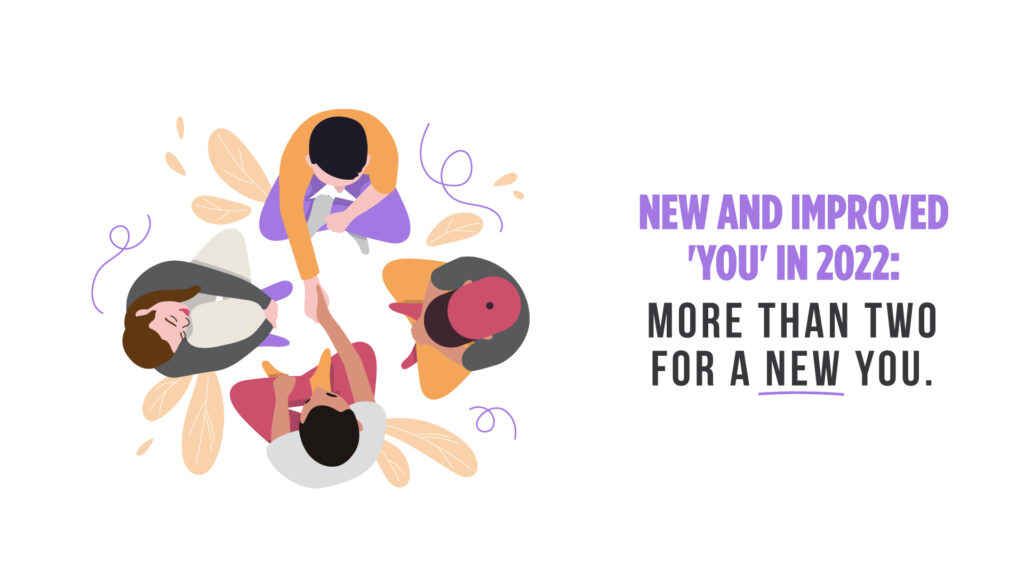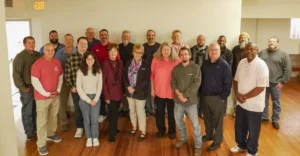What Counselors / Therapists Hear
“How could you possibly know what I have been through?”
“I want to stop. I swear it, but I just can’t. Never mind, you wouldn’t understand.”
“I just do not know what to do. She took everything and now I cannot see my kids. What do I do?”
What Counselors / Therapists Think
“You’re not the only one. Just this morning I talked with someone else like you.”
“I know you want to stop, but if that’s going to happen, you need to get help—support from others.”
“I know you’re lost on what to do, but others have been in your shoes. You’re not alone.”
What Counselors / Therapists Do
The role of the therapist often is to listen, reflect, be empathetic, work with the client to achieve a goal, process past events, or just allow him or her to vent their feelings and frustrations. There are different forms of therapy, but most of the time a therapist maintains personal privacy, disclosing only minimal information about themselves. This is done to protect both parties involved. The job of the therapist is to provide feedback, support, and unconditional positive regard. Too much self-disclosure and the relationship becomes complicated. It may be hard to identify who is helping who.
So what do therapists do when they hear the questions above? For starters, some therapists do have experience in some of the same scenarios as their clients and a healthy amount of disclosure can be therapeutic for both parties involved. But, this is not always the case.
Where do you go if you have lost a child? What if you cannot stop drinking? Where can you find help when you feel alone in the systems designed to help you, but they are keeping you from seeing your children.
The Best Answer May Be a Group
A therapeutic group combines listening, processing, and empathy with a small number of people. Just as there are many types of counseling, there are different kinds of groups. Here are three of the most well-known types.
1. Psychoeducational
This group is designed to provide you with information, as well as strategies and techniques for your daily life. Psychoeducational groups may revolve around addiction, eating disorders, and anxiety, to name a few. The therapist takes a leading role in this process, presenting helpful information, guiding each member to share, answer questions, and ensure a focus on the group’s primary concern.
2. Process Groups
Process groups use the experience and personalities of the group members. The therapist is present as a facilitator. The goal of a good process group is to get individuals with similar issues to share and learn from each other. A good therapist can recognize patterns or see how one group member interacts with other members and use that to create conversations or scenarios where both parties can heal and grow.
3. Support Groups
Whether it is the loss of a loved one, dealing with a messy divorce, sending kids off to college, or processing the fact that your spouse is an alcoholic, being with others who share the same experiences is important to moving forward. Using life experience, unconditional acceptance, and reflection on beliefs and actions, these groups use similar experience and interactions with others to help individuals in the group heal. Support groups may or may not have a therapist present and are often available at no cost.
What about AA and NA?
Alcoholics Anonymous, Narcotics Anonymous, and groups that tend toward addiction are a combination of therapies. They include some focus on psychoeducation. There is a program and a set of rules everyone follows, but personal experience is shared and these groups are often led by someone in recovery. Some AA groups can lean more towards process, and some may be support based. Knowing the different types of groups and taking inventory on what will be the most helpful to you will help you find the right fit.
The ideas and conversation around therapy is changing, but talking with someone one-on-one whom you do not know, and who may or may not have been through the same experience, can be intimidating. While opening up to a group may not sound helpful, there is often great benefit in having contact with others who have the same goal, are working towards creating a better future self, and are interested in talking with others who have the same experiences or challenges.
Here are some online resources to help you on your journey.
Support Groups in Springfield MO




